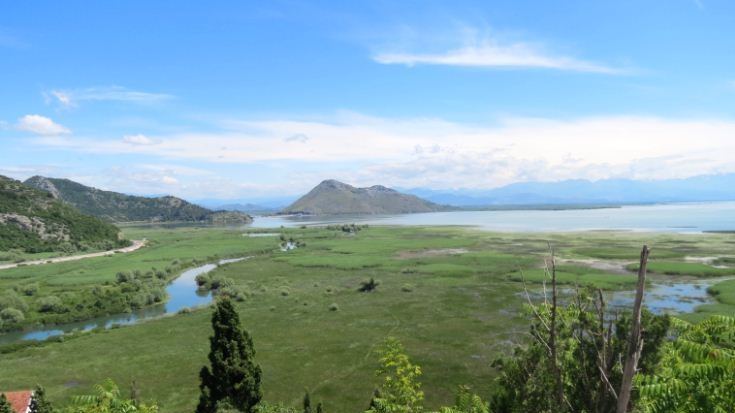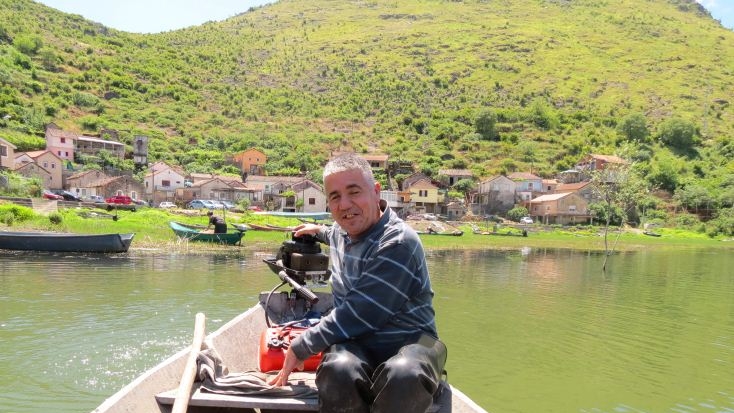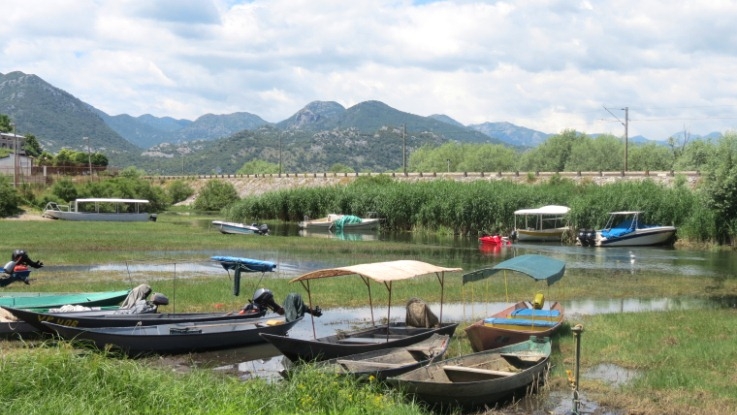Lake Skadar, on the border between Montenegro and Albania, is the largest on the Balkan Peninsula. The lake well-known for its freshwater biodiversity and is one of the largest bird preserves in Europe – boasting some 270 species – including some of Europe’s last pelicans.
The lake is also abundant in fish, especially in carp, bleak, and eel.
Dotted with small villages along its nearly 130 miles of coastline, the lake has been home to countless generations of fisherman, who have depended on the lake’s bounty to provide for them and their families.
Dragan Petrovic, who lives in Vranjina, Montenegro – on the edge of Lake Skadar – is one such fisherman. A mechanic by trade, Petrovic spends most of his free time on Lake Skadar fishing, supplementing his income and maintaining a connection to the lake he grew up on.


